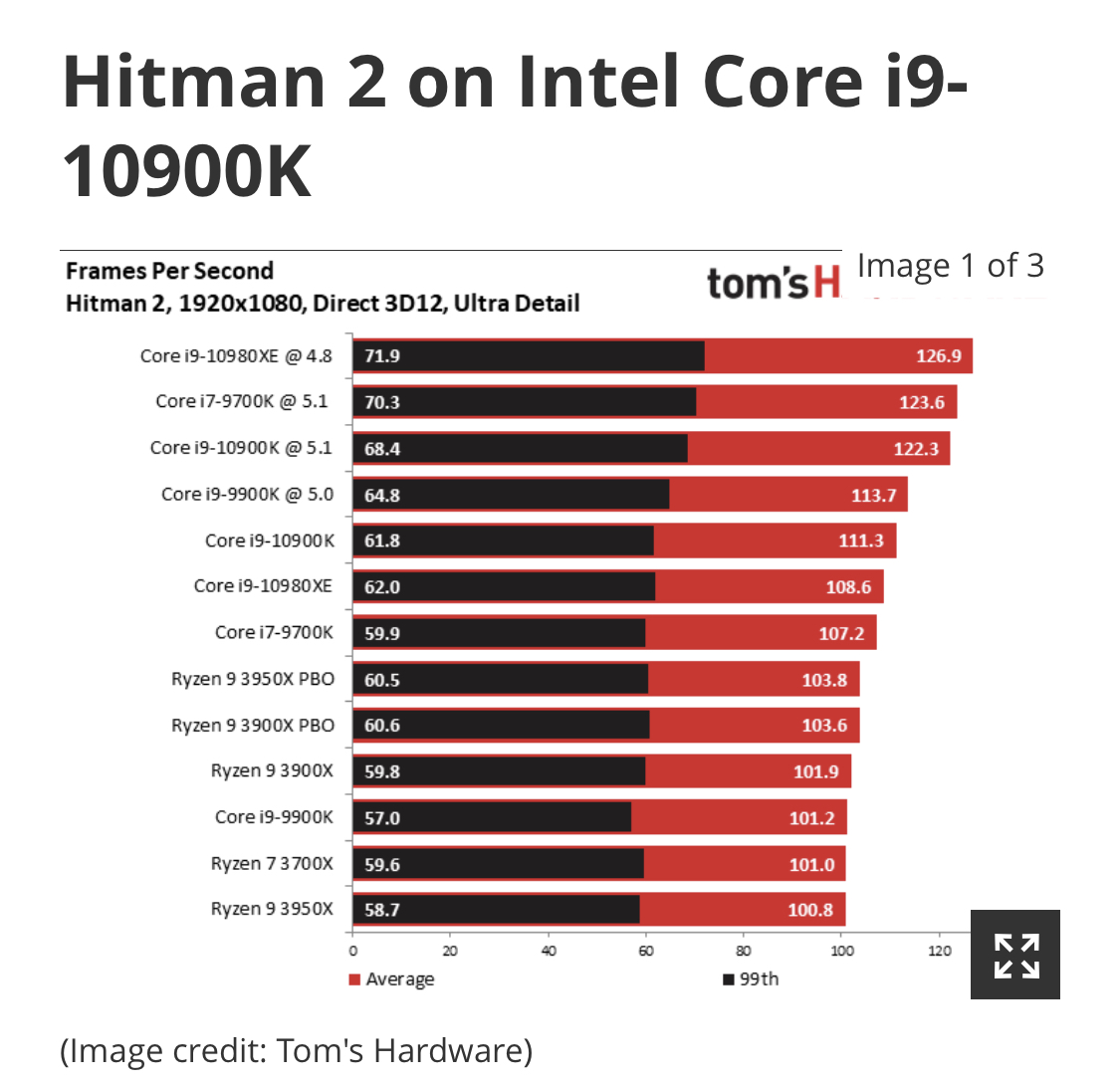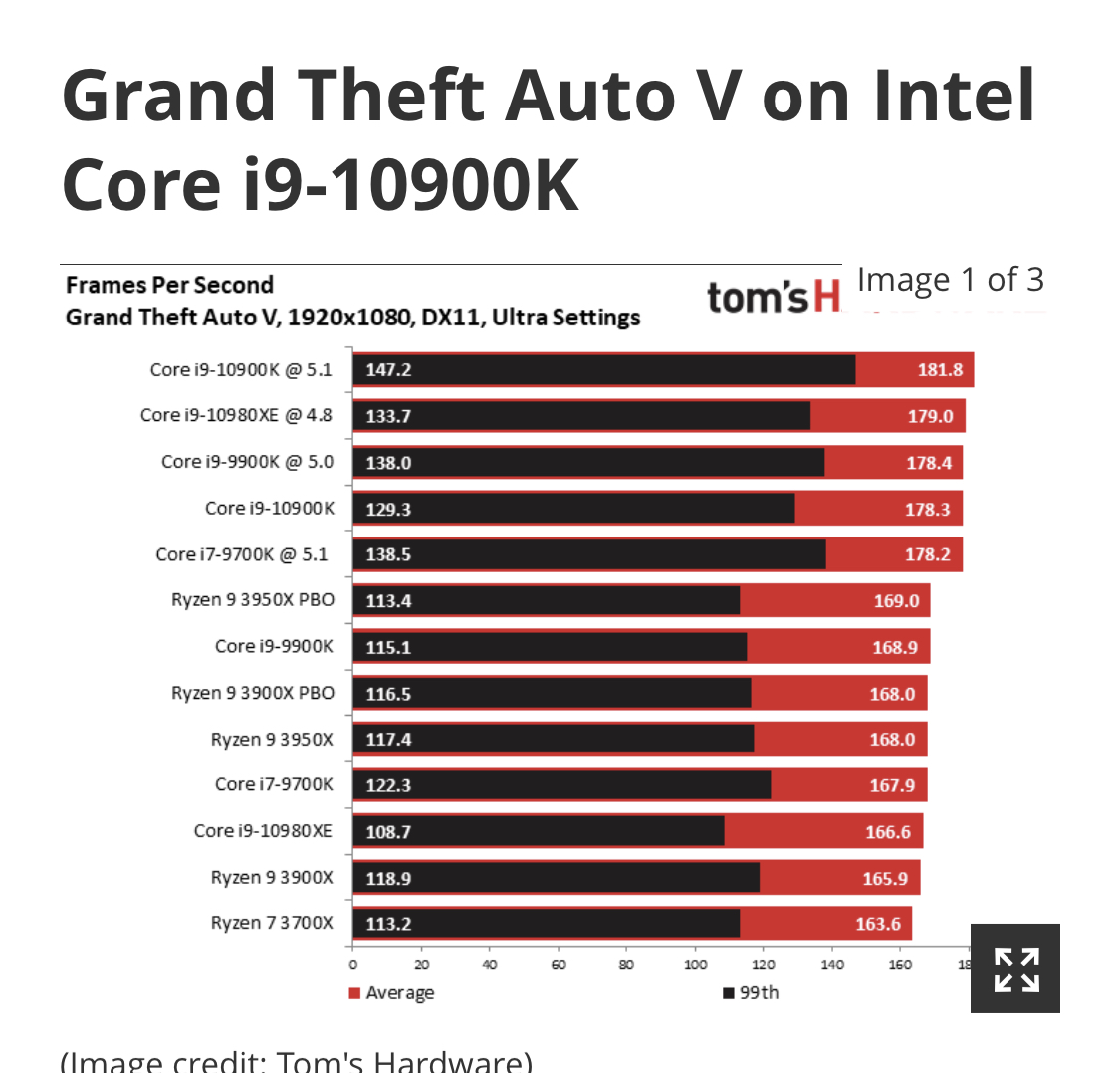D
Deleted member 134608
Guest
Just because they are different doesn't mean they don't accomplish the same exact goal (which in this case was playing the same fucking game and comparing results). But what the hell do I know? Evidently, I'm just a consumer.
"paying top dollar for Cas 14 when Cas 16 would likely be indistinguishable outside of benchmarks"
So when exactly did you change your entire design to save $50? Your example was cheaper RAM.
You just changed what you said to make me wrong. Whats this really about?
![[H]ard|Forum](/styles/hardforum/xenforo/logo_dark.png)


